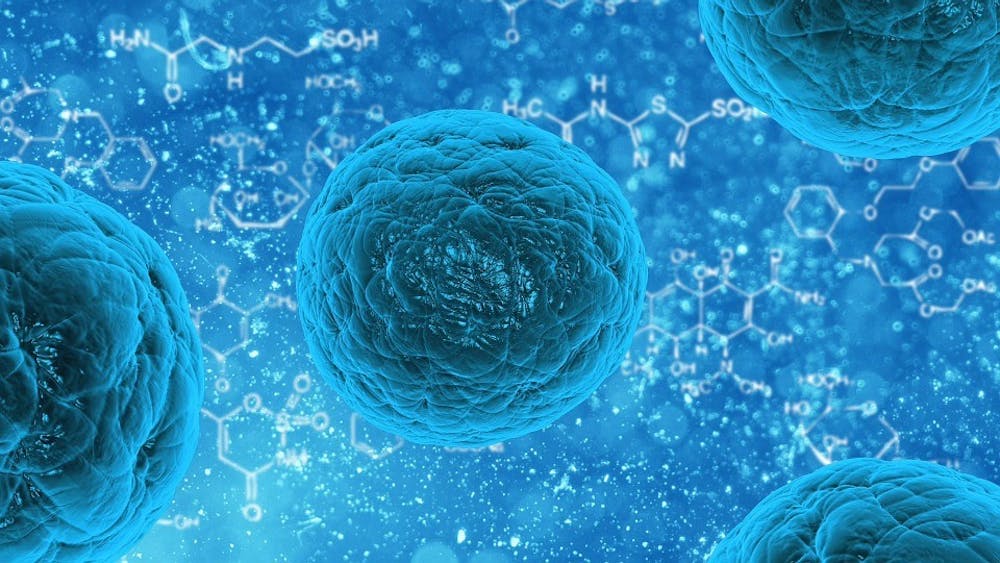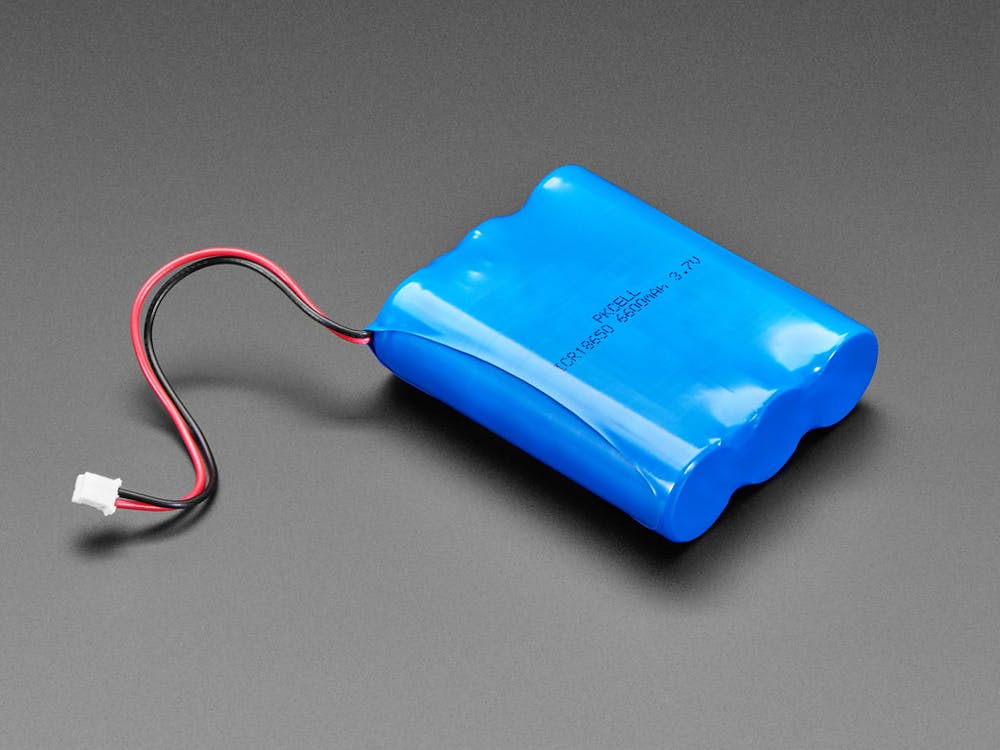Bipolar disorder affects approximately five million Americans, and researchers are continuing to seek out its genetic and molecular source. In order to advance the treatment options available to those suffering from bipolar and other similar disorders, scientists must first uncover more about the disease’s development and cause.
A partnership between the School of Medicine and the Salk Institute for Biological Sciences has partially uncovered the mystery surrounding bipolar disorder and other similar diseases like schizophrenia.
Together, the two major institutions have entered into a $15.4 million project that will involve the cooperation of four academic or non-profit organizations as well as two industry partners. The goals of the project are twofold: The researchers hope to first develop a reliable new system to screen drugs to identify those most effective against schizophrenia and bipolar disorder.
Secondly, researchers hope that the project will unveil some of the specific genetic and molecular differences between schizophrenia and bipolar disorder.
The project was announced by the National Institute of Health (NIH) on Aug. 31 and will be led by Hongjun Song from Hopkins and Fred “Rusty” Gage from Salk.
Current treatments for bipolar disorder are largely lacking and are often aimed at treating the disease’s symptoms rather than its source. The medications available are often effective for either only the manic swings or only the depressive swings associated with the disorder. It is due to the lack of knowledge about the molecular origin of the disorder that treatments continue to fall flat.
The researchers working on the project hope to take advantage of the use of induced pluripotent stem cells (iPSC). The stem cells arise from a recent advancement that enables researchers to take cells donated from a patient, such as skin cells, and convert them into any cell type. Using this technique, scientists should be able to generate neurons identical to a patient’s for use in studies and to test potential therapies.
While working towards uncovering more about bipolar disorder and schizophrenia, the consortium also plans to improve iPSC techniques. Standards and consistency are currently lacking across all of the different laboratories using iPSCs.
“There has been a bottle in stem cell research,” Song said, according to The Hub. “Every lab uses different protocols and cells from different patients, so it’s really hard to compare these results.”
“IPSCs are a powerful platform for studying the underlying mechanisms of disease,” Gage said, according to The Hub. “Collaborations that bring together academic and industry partners, such as this one enabled by NIMH, will greatly facilitate the improvement of iPSC approaches for high-throughput diagnostic and drug discovery.”
The project will make use of iPSCs to obtain many neurons through which to observe genetic and cellular differences. Over 50 patients with schizophrenia and bipolar disorder will donate cells. The iPSCs will be differentiated into four different types of brain cells to best evaluate which ones are affected by certain genetic differences and when those differences may appear during development.
“Starting with a deeper understanding of each disorder should enable the biopharmaceutical industry to design drug discovery strategies that are focused on molecular pathology,” Husseini Manji, global therapeutic area head of neuroscience for Janssen Research & Development, said according to The Hub.
Attention will be paid to cellular shapes, sizes, energy use and division. The goal will be to identify which cellular features may be indicative of one of the illnesses and then develop a way to measure that characteristic on a large scale. After a reliable system of measurement is developed, it will be used to screen drugs for effectiveness against schizophrenia and bipolar disorder.

















